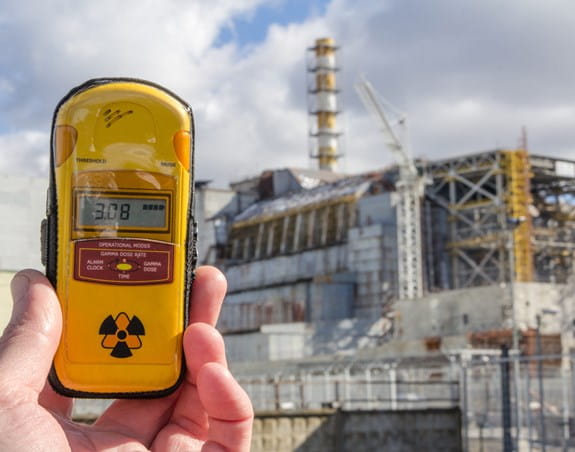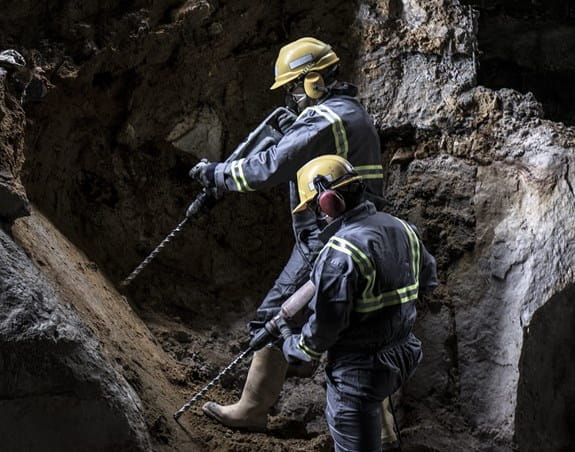Radiation
What is radiation?
Ionizing radiation is strong enough to damage cells in our bodies and increase the chance of developing cancer.
Sources of ionizing radiation include:
- natural background radiation (includes cosmic rays from the solar system and radioactive materials in the soil and rocks)
- background radiation from human activities (includes testing and using nuclear weapons as well as generating nuclear power)
- radon
- medical radiation
Non-ionizing radiation isn’t as strong as ionizing radiation. But being exposed to some types of non-ionizing radiation can still harm you.
Sources of non-ionizing radiation include:
- radiofrequency fields (including cell phones, cell phone towers and microwave ovens)
- electromagnetic fields (including power lines and household appliances)
- ultraviolet (UV) rays (including the sun and indoor tanning beds)

On the job: how to reduce your exposure to medical radiation

Radon in the workplace
Radon is a radioactive gas found naturally in the environment. It has no colour, no odour and no taste. It is released into the air during the natural breakdown of uranium in rocks and soil. Once released, radon breaks down into radioactive elements that can attach to dust and other substances in the air.
Breathing air that is contaminated with radon increases your risk of lung cancer.

Indoor air can have high levels of radon when radon from the soil and rocks around any building seeps in and builds up in enclosed spaces that are poorly ventilated.
If you work underground, such as in a subway or tunnel, you may be at high risk of radon exposure.
If you work in a mine (uranium or any other type that is underground), you may breathe in high levels of radon if there is not proper ventilation.

Canadian regulations exist that protect workers who work in mines and other underground industries. Uranium miners are protected by the Canadian Nuclear Safety Commission. And mining and other underground industries are covered by the Canadian Guidelines for the Management of Naturally Occurring Radioactive Materials.
Some provinces also have programs to test for radon in schools.
Learn more about radon, how you might be exposed to it and how you can reduce your exposure.
